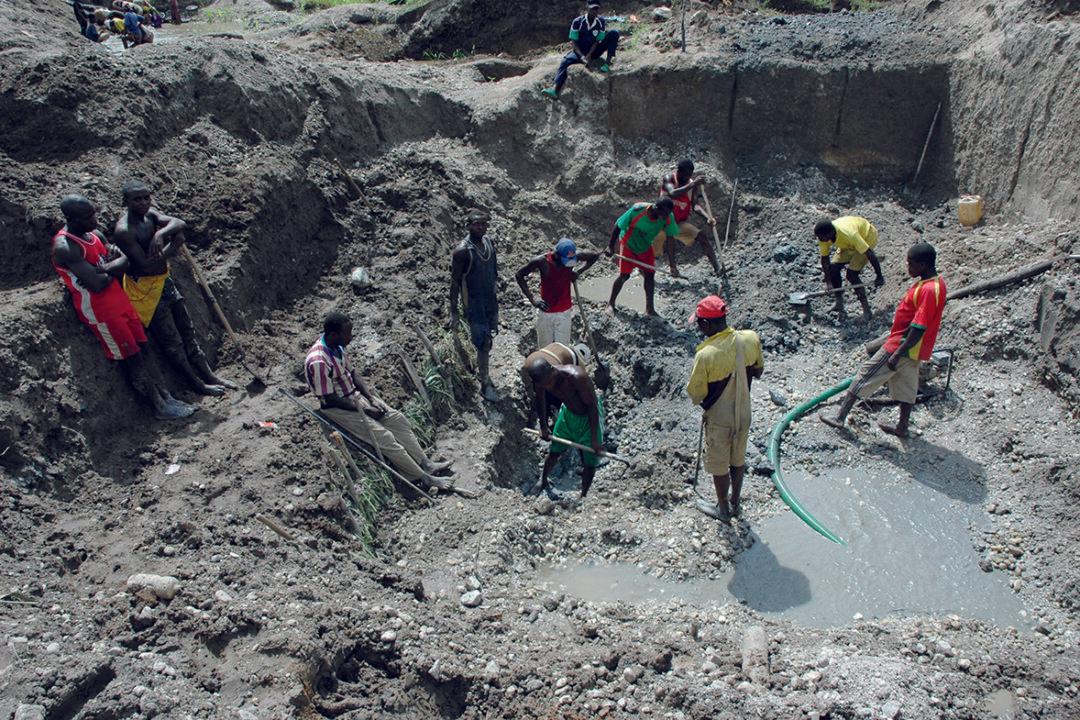BATOURI, Cameroon—Two days before the end of December in 2017, nine people died in a fatal cave-in at a mining site in Ngoe Ngoe, a village of more than 2,500 residents in the East Region of Cameroon. Local media later reported that the death toll had risen to 15.
Lu & Lang, a Chinese mining company, had just abandoned the site and left its mining pits unfilled and in an unsafe condition, ignoring the considerable risk that the “open tombs” posed to the local population. The men and women killed in the cave-in had gone to the site hoping to find some remaining specks of gold.




